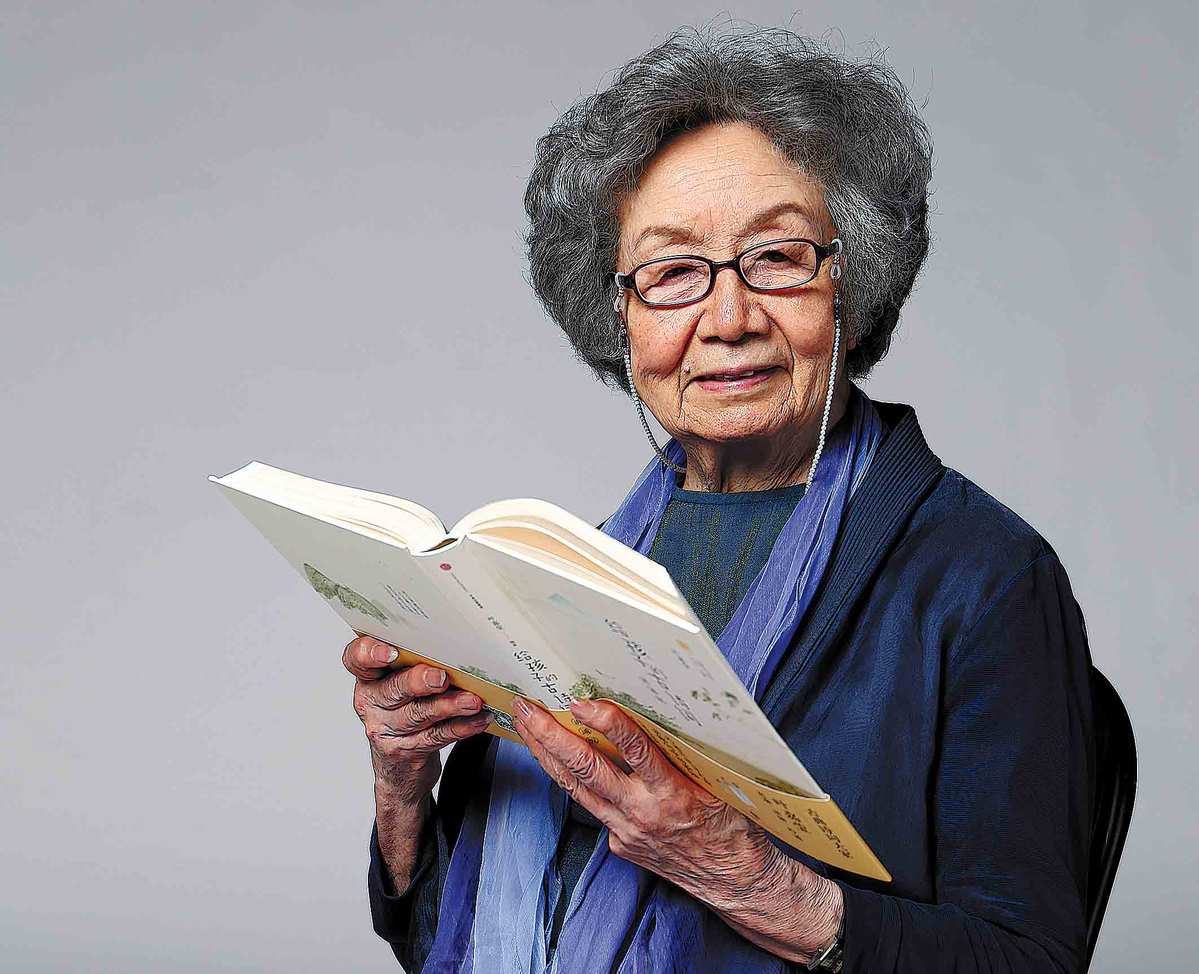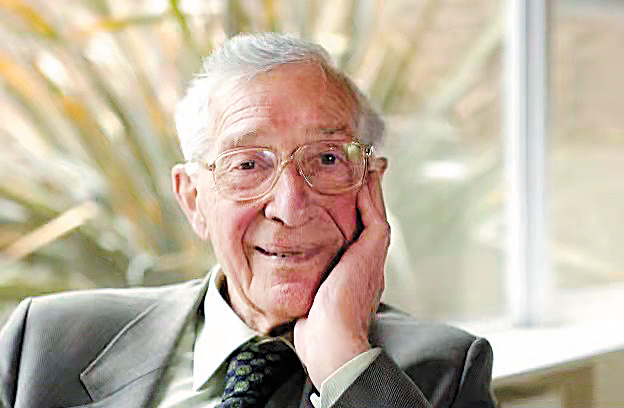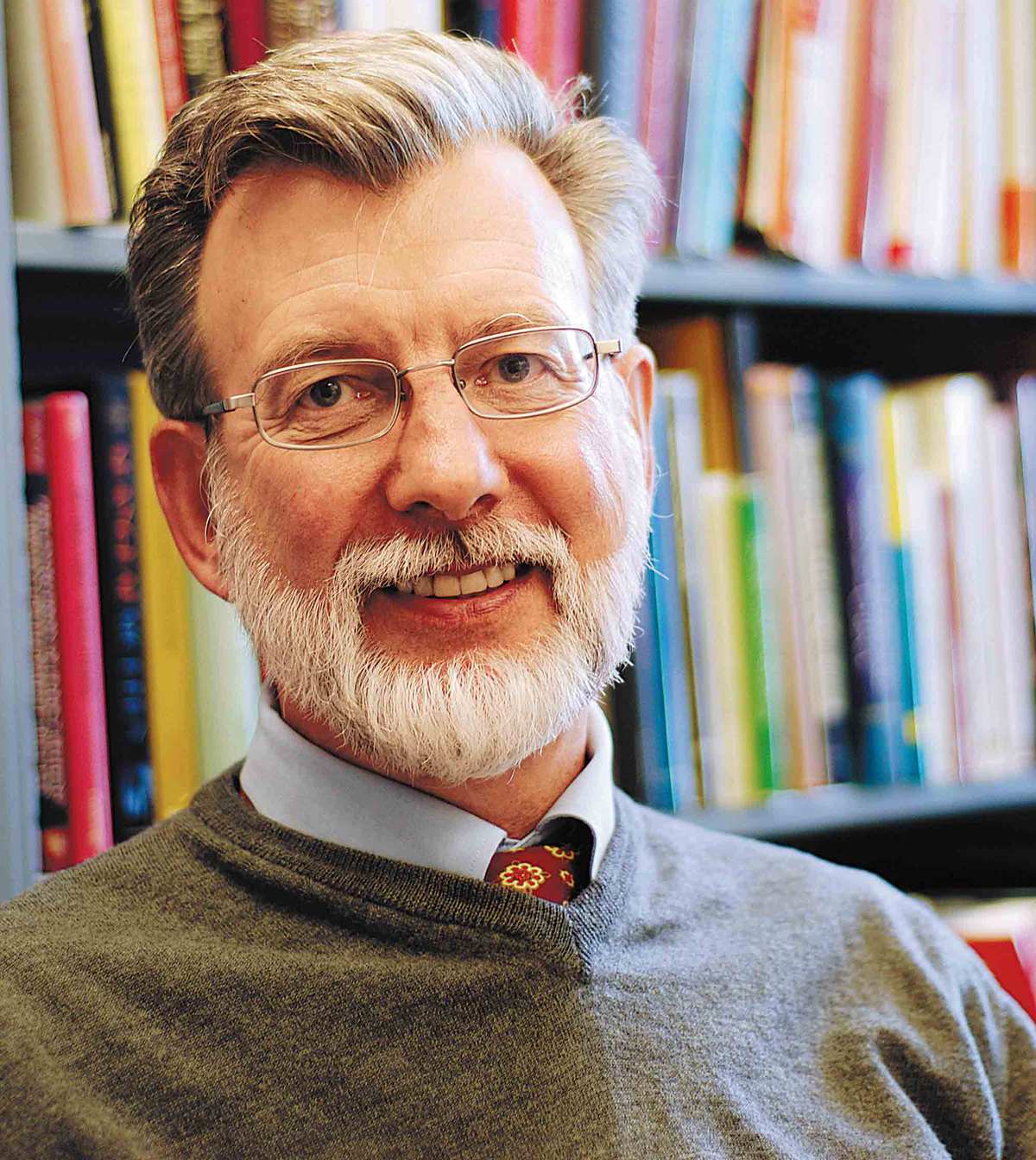Sinologists recognized for expanding understanding
By XING YI in Shanghai | CHINA DAILY | Updated: 2021-10-20 09:43

The 2021 Distinguished Contributions to China Studies Award was given to three Sinologists, Michael Loewe, Joseph Esherick and Chia-ying Yeh, during the 9th World Forum on China Studies, which concluded in Shanghai on Tuesday.
"The award aims to promote the development of China studies and scholars' exchanges around the world," said Xu Jiong, deputy director of the organizing committee of the biennial forum, adding that a group of 87 experts voted on the award.
"The three scholars have spent a lifetime studying China and enjoy high prestige in their disciplines worldwide. Their studies have greatly contributed to the world's understanding of China."
Due to travel restrictions prompted by the COVID-19 pandemic, the recipients were not able to attend the award ceremony, so they responded with letters and videos.

British Sinologist Loewe, fellow of Clare Hall at University of Cambridge, wrote in a letter, "It is now many years since I first collaborated with Chinese scholars and have appreciated fully the contributions that they have made to the study of China's civilization, which have so widely broadened this subject of study."
The 99-year-old made his first visit to China in 1947. His academic journey began with the study of Han Dynasty (206 BC-AD 220) documents written on bamboo slips and he later became one of the most authoritative scholars on the subject.
"Scholars of both the East and the West benefit enormously from these contributions. It is with sincere gratitude that I wish to express my thanks for the award," he said.
His book, Everyday Life in Early Imperial China During the Han Period, published in 1968 with several reprints up to 2009, used lively accounts to paint a vivid picture of the lives of peasants, town inhabitants, and the elaborate hierarchy of institutions and civil servants nearly 2,000 years ago.

Also a historian, Esherick, professor emeritus at University of California, San Diego, is known for his study of the more recent history of China.
In 1979, Esherick, now in his late 70s, was among the first US scholars to visit China after the resumption of diplomatic relations. He went to villages in Shandong province to study the origin of the Boxer Uprising during the Qing Dynasty (1644-1911), which later won the John K. Fairbank Prize, one of the top honors for Chinese studies in the US.
"If I have made any contribution to the study of Chinese history, it is entirely due to the resumption of academic exchanges between China and the United States after 1979," he said in a video message to the forum. "For historians of China the world over, the 1980s and 1990s were a golden age. Academic exchanges, archival research, field surveys, the academic breakthroughs of Chinese scholars, and transnational collaboration all reached unprecedented levels.
"Unfortunately, this kind of exchange and cooperation, especially the cooperation between Chinese and American scholars, has encountered new challenges in recent years… Around the world, including in the United States, complex changes in the political, social and media environment have eroded the consensus on historical facts. We live in a world of 'alternative facts'.
"I recognize that different people have different views and values. Although some aspects of the past may make some people uncomfortable, we should never give up the essential mission of history: to seek the truth."
For 30 years, Esherick has also been researching the origins of the Chinese revolution and the Communist Party of China. His latest book, Accidental Holy Land: the Chinese Revolution in Northwest China, was published in Chinese last month, with an English version to be published next year.
As director of the Institute of Chinese Classical Culture at Nankai University, Yeh, 97, has been studying and promoting classical Chinese poems for more than seven decades.
"We are living in an era of great change, and traditional Chinese literary criticism, too, must seek paths of transformation to bring forth new life," she said.
Yeh studied Western literary theory and taught classical Chinese at North American universities, including Harvard and Michigan State University, and settled in Canada in the late 1960s.
"In the increasingly globalized world, the communication between the East and the West is a pressing question for all of us," she said. "The two cultures have different ways of thinking and different histories of formation, but there is much room for conversation."
Yeh returned to teach in Tianjin in the 1990s. She said in a video message to the forum that she still remembers a couplet in a meeting room at Harvard, which read, "Civilizations, new and old, each enlightening the other; hearts and minds of the East and the West, one and the same."























